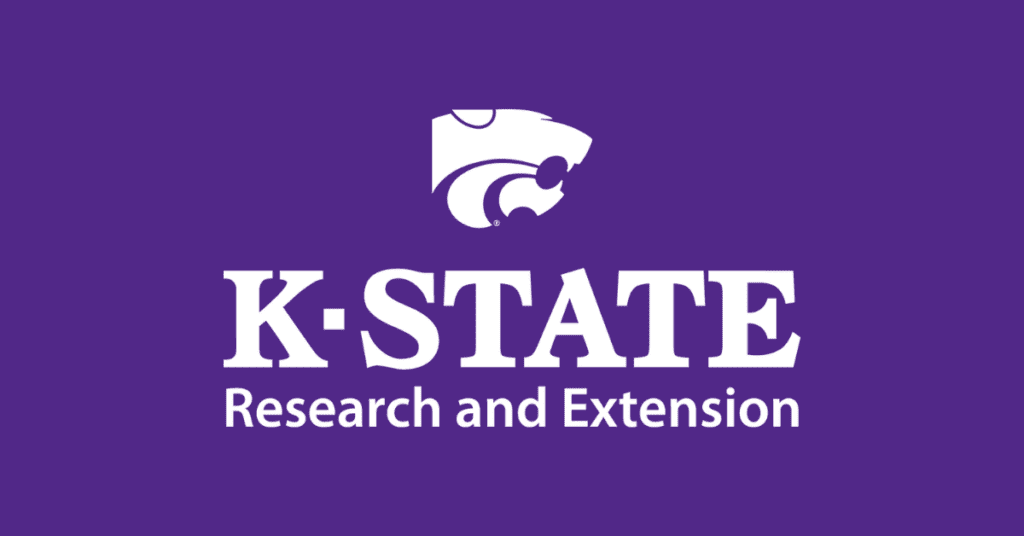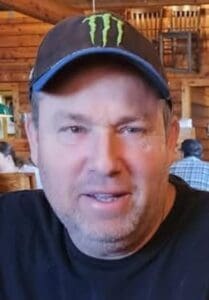By Lisa Moser, K-State Research and Extension news service
Manhattan, KS— When disaster strikes, people who are most directly impacted turn to the helpers to begin the recovery process. Often, recovery takes years.
In terms of disaster, the COVID-19 pandemic created a ripple effect that many people are continuing to process, said Elaine Johannes, the Kansas Health Foundation’s Distinguished Professor of Community Health at Kansas State University.
“This disaster didn’t hit everyone the same way,” she said, “and the ripple effects are different depending on how well prepared our community was at addressing large scale health issues.”
One of the effects is mental health, Johannes said.
“Mental health is fluid and changes over a lifespan, and the trauma from a disaster will be experienced differently by the families and individuals in a community,” Johannes said.
Often when talking about resiliency, Johannes said people think about the individual, but she believes it is important to look at the well-being of the whole community.
“A resilient community isn’t necessarily a city, county or township, but it can be a community of friends, a community of workplaces and a community of faith,” she said.
“A healthy community requires the same kinds of characteristics that you or I as individuals need, and that is to be adaptable and be aware of our own mental and physical state.”
She said it is important for community members to “check-in” with one another, and that local extension personnel are part of the resources for a community.
“Extension professionals are embedded in our communities, and we have well-trained experts across the state who can offer mental health first aid,” Johannes said.
She believes there are key people in each community that help build resiliency.
“It takes those key informants in the community — such as those who work in extension, education, public health, faith and local businesses — to notice a friend or colleague in need and reach out and ask, ‘How are you doing?’,” Johannes said.
“And be ready for the answer,” she adds, “because it may be different than what we think but at least we’ll be there and be willing to help.”
A longer discussion with Johannes is available on the weekly radio program, Sound Living, produced by K-State Research and Extension. More information on healthy living is also available from local extension offices in Kansas.













